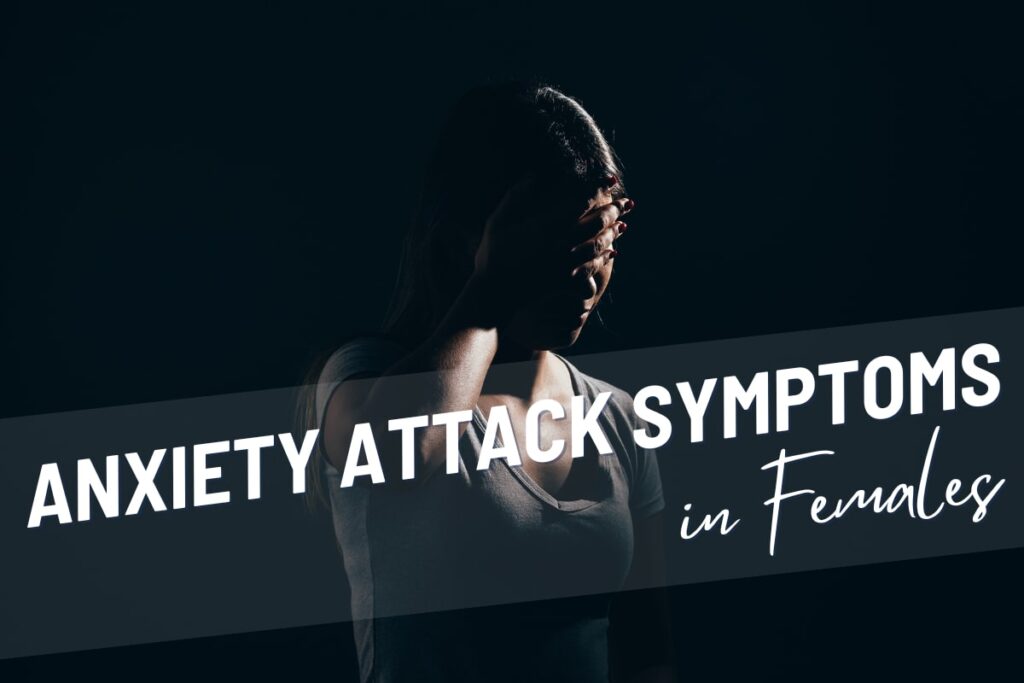Acne is one of the most common skin conditions affecting millions of people around the world. Whether you’re a teenager going through hormonal changes or an adult dealing with stress-related breakouts, acne can be both frustrating and confidence-shattering. Fortunately, there are several effective acne solutions that can help you achieve clearer, healthier skin. In this guide, we’ll explore the causes of acne solutions, prevention tips, and the best treatment options—both natural and medical.
Understanding Acne: What Causes It?
Acne occurs when hair follicles become clogged with oil, dead skin cells, and bacteria. The main factors that contribute to acne include:
-
Excess sebum production
-
Hormonal fluctuations
-
Bacteria (Propionibacterium acnes)
-
Inflammation
-
Diet and lifestyle
Types of Acne
There are different types of acne, including:
-
Whiteheads: Closed clogged pores
-
Blackheads: Open clogged pores
-
Papules: Small red, tender bumps
-
Pustules: Pimples with pus
-
Nodules: Large, painful lumps under the skin
-
Cystic Acne: Deep, painful, pus-filled pimples that can cause scarring
Understanding your acne type is the first step toward choosing the right treatment.
Daily Skincare Routine: The Foundation of Acne Prevention
A consistent skincare routine is essential in preventing and managing acne. Here’s a simple yet effective routine:
1. Cleanse Gently
Use a mild cleanser twice a day—once in the morning and once at night—to remove dirt, oil, and impurities.
-
Choose non-comedogenic products
-
Avoid harsh scrubs that can irritate the skin
2. Exfoliate Weekly
Exfoliate 1–2 times a week using a gentle chemical exfoliant like salicylic acid or glycolic acid. This helps remove dead skin cells and unclog pores.
3. Moisturize
Even if you have oily or acne-prone skin, moisturizing is important. Opt for lightweight, oil-free moisturizers that won’t clog pores.
4. Use Sunscreen Daily
Many acne treatments make your skin more sensitive to the sun. Apply a broad-spectrum SPF 30+ sunscreen daily to protect your skin and prevent hyperpigmentation.
Over-the-Counter Acne Treatments
There are several OTC products available that can effectively treat mild to moderate acne:
1. Benzoyl Peroxide
-
Kills acne-causing bacteria
-
Reduces inflammation and oil production
-
Found in cleansers, gels, and spot treatments
2. Salicylic Acid
-
Helps unclog pores and reduce swelling
-
Ideal for blackheads and whiteheads
3. Retinoids (Adapalene)
-
Promotes cell turnover
-
Prevents clogged pores
-
Can initially cause dryness or irritation
4. Sulfur
-
Absorbs oil and has antibacterial properties
-
Suitable for sensitive skin types
Prescription Acne Medications
For severe or persistent acne, consulting a dermatologist is essential. Prescription options include:
1. Topical Antibiotics
-
Reduce bacteria and inflammation
-
Often combined with benzoyl peroxide
2. Oral Antibiotics
-
Used for moderate to severe acne
-
Should not be used long-term due to antibiotic resistance
3. Hormonal Therapy
-
Birth control pills can regulate hormones in women
-
Spironolactone blocks androgen hormones that cause acne
4. Isotretinoin (Accutane)
-
Powerful oral retinoid for severe, cystic acne
-
Requires medical supervision due to potential side effects
Natural and Home Remedies
Some individuals prefer natural solutions for treating acne. While results vary, these remedies can be gentle and effective:
1. Tea Tree Oil
-
Natural antibacterial and anti-inflammatory agent
-
Apply diluted oil directly on pimples
2. Aloe Vera
-
Soothes inflammation and promotes healing
-
Use pure aloe vera gel on affected areas
3. Apple Cider Vinegar
-
Contains organic acids that kill bacteria
-
Mix with water and apply with a cotton pad
4. Green Tea
-
Rich in antioxidants
-
Apply cooled green tea to the skin or drink regularly
Diet and Lifestyle Tips for Acne-Free Skin
What you eat and how you live can impact your skin. Consider the following:
1. Eat a Balanced Diet
-
Reduce dairy and high-glycemic foods (like white bread, soda, and candy)
-
Include omega-3s, leafy greens, and antioxidant-rich fruits
2. Stay Hydrated
-
Drink at least 8 glasses of water daily to flush out toxins
3. Manage Stress
-
Stress triggers hormone release that can worsen acne
-
Practice meditation, yoga, or deep breathing exercises
4. Get Enough Sleep
-
Your skin repairs itself while you sleep
-
Aim for 7–8 hours of quality sleep each night
Professional Acne Treatments
In-office dermatological procedures can accelerate the healing process and minimize scars:
1. Chemical Peels
-
Use acids to exfoliate skin and reduce acne
2. Laser and Light Therapy
-
Target bacteria and reduce oil production
3. Microneedling
-
Stimulates collagen and helps reduce acne scars
4. Drainage and Extraction
-
Removes large cysts or stubborn comedones under sterile conditions
Acne Scarring: Prevention and Treatment
Prevent scarring by avoiding picking or popping pimples. If scars do occur, treatments include:
-
Laser resurfacing
-
Microneedling with PRP
-
Dermal fillers
-
Chemical peels
When to See a Dermatologist
If your acne:
-
Doesn’t improve after 2–3 months of over-the-counter treatments
-
Is painful, widespread, or cystic
-
Causes emotional distress
…then it’s time to see a skincare professional. A dermatologist can customize a treatment plan that works specifically for your skin type and severity of acne.
Final Thoughts
Clear skin is possible—with the right acne solution tailored to your unique skin needs. Consistency, patience, and a bit of professional guidance can go a long way. Whether you prefer natural remedies, medical treatments, or a mix of both, don’t give up—your journey to clear, radiant skin starts today.




